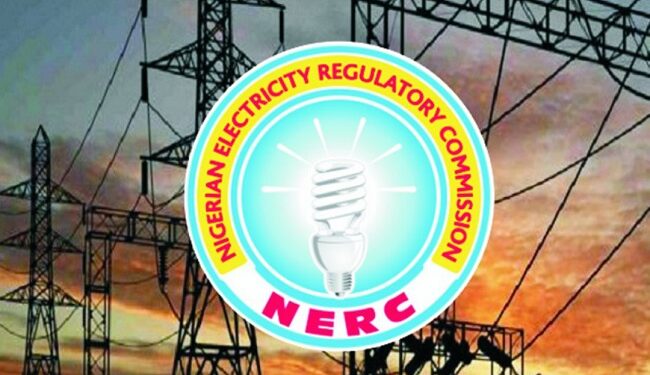In a significant development for Nigeria's energy sector, the Nigerian Electricity Regulatory Commission (NERC) has initiated the transfer of its regulatory powers to the Enugu State Electricity Regulatory Commission (EERC). This change, effective from May 1, will grant EERC exclusive authority to set electricity tariffs within the state, marking a historic shift in the regulatory framework governing electricity supply in Nigeria.
This transition is in alignment with the new Electricity Act of 2023, which was endorsed by President Muhammadu Buhari last March and subsequently amended under President Bola Tinubu’s administration. The Act allows states the autonomy to license, generate, transmit, and distribute electricity within their territories.
The order, designated as NERC/2024/039 and issued on April 22, 2024, confirms NERC’s compliance with the new legislative framework. It enables states to legislate on all aspects of electricity provision within their jurisdiction, as opposed to the previous law which only permitted state legislation concerning areas not served by the national grid system.
Under the terms of the order, Enugu State has met the required legal prerequisites and has officially requested NERC to shift regulatory responsibilities to the state level. This move is aimed at fostering more localized management of electricity services, potentially leading to more tailored and efficient energy solutions for state residents.
As part of the transition, the Enugu Electricity Distribution Company (EEDC) is directed to establish a subsidiary specifically for handling intrastate electricity matters. This subsidiary, referred to as EEDC SubCo, must be formed within 60 days from the issuance of the order and will need to secure a license from EERC for operating within the state.
NERC's directive also includes the establishment of an asset register by EEDC for all its power infrastructure within Enugu State, the evaluation of contractual obligations and liabilities linked to its operations in the state, and the identification of necessary trading points for energy transactions.
This restructuring is set to be fully implemented by October 22, 2024. It represents a fundamental shift in how electricity is regulated in Nigeria, moving from a centralized to a more decentralized system which could serve as a model for other states in the federation.



0 Comments